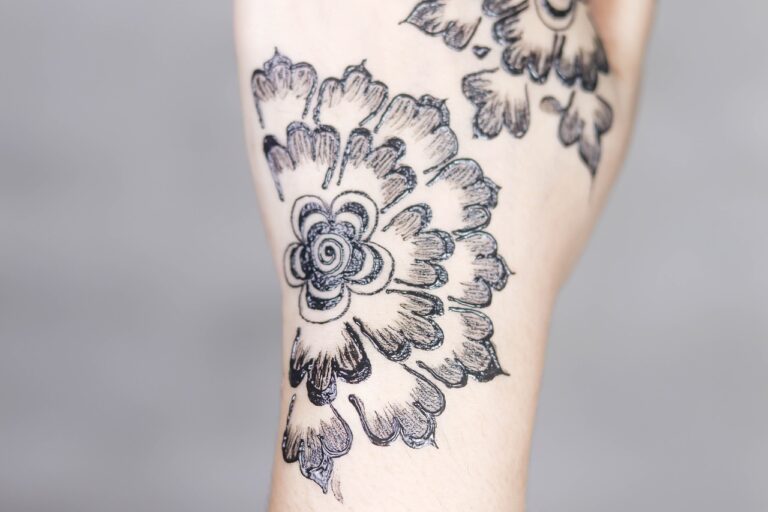Fashion and Identity: Expressing Personality Through Clothing
Clothing plays a significant role in shaping individual identities. The way we dress often reflects our personality, interests, and values. For many people, the clothes they choose to wear are a form of self-expression and a way to communicate who they are to the world.
Moreover, clothing can also influence how we perceive ourselves and how others perceive us. The clothes we wear can affect our confidence levels and sense of self-worth. Additionally, societal norms and cultural influences play a crucial role in shaping our clothing choices and ultimately our identities.
The Influence of Culture and Society on Fashion Choices
Fashion choices are deeply intertwined with culture and society, serving as a reflection of the values and norms that are prevalent in a particular community. Through clothing, individuals communicate their belonging to a certain group or their distancing from it. In many cultures, clothing is a symbol of status and identity, with specific styles and garments being reserved for certain societal roles or events.
In today’s globalized world, the influence of culture and society on fashion choices has become even more pronounced. As people from different backgrounds interact and share their customs, a fusion of styles emerges, leading to a diverse and eclectic range of clothing options. This blend of influences often results in unique fashion statements that not only reflect individual tastes but also highlight the interconnectedness of cultures in our modern society.
• Fashion choices are a reflection of cultural values and norms
• Clothing communicates belonging to a group or distancing from it
• Specific styles and garments symbolize status and identity in many cultures
In today’s globalized world:
• Influence of culture and society on fashion choices is more pronounced
• Fusion of styles from different backgrounds leads to diverse clothing options
• Unique fashion statements highlight interconnectedness of cultures
Exploring How Clothing Reflects Personal Values and Beliefs
Clothing is more than just fabric draped over our bodies; it serves as a powerful form of self-expression. The way we choose to dress reflects our internal values and beliefs, offering a glimpse into our identity. Whether it’s a tailored suit exuding professionalism and confidence or a flowing bohemian dress symbolizing free-spiritedness, each garment we don carries with it a unique message about who we are and what we stand for.
Personal values and beliefs play a significant role in shaping our clothing choices. For some, modest attire may reflect a respect for tradition and cultural norms, while for others, bold and eclectic styles may signal a rejection of conformity and a celebration of individuality. Our wardrobes become a canvas through which we communicate our ideals and principles without uttering a single word, allowing us to express ourselves in a visually engaging manner.
How does clothing reflect personal values and beliefs?
Clothing can reflect personal values and beliefs by showcasing individual preferences, cultural influences, and societal norms. The choice of clothing can communicate a person’s identity, beliefs, and values to others.
How do culture and society influence fashion choices?
Culture and society play a significant role in shaping fashion choices. Cultural traditions, social norms, and popular trends all influence how individuals choose to dress and present themselves.
Can clothing be a form of self-expression?
Yes, clothing can be a powerful form of self-expression. The way we dress can communicate our personality, style, and values to the world around us.
How can someone use clothing to express their personal values?
Someone can use clothing to express their personal values by choosing garments that align with their beliefs and ideals. For example, wearing clothing made from sustainable materials can reflect a commitment to environmental conservation.
Are there any cultural taboos or restrictions related to clothing choices?
Yes, there are cultural taboos and restrictions related to clothing choices in various societies. Some cultures may have specific dress codes or guidelines that dictate what is appropriate or inappropriate to wear.







